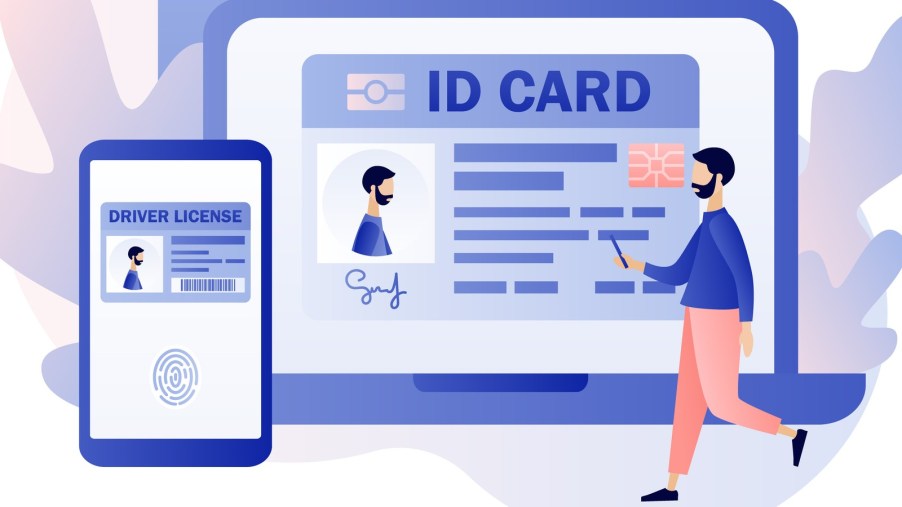
Is the Digital Driver’s License the Next Big Thing?
Everyone who drives has to have a driver’s license from the DMV. Because of this, many people also use this document as their state issued ID instead of having both. Now, more states are jumping on the bandwagon of offering a virtual ID. This makes things easier for many drivers despite there being drawbacks. If things continue, the digital driver’s license could be the next big thing.
The virtual state issued ID is gaining traction
The use of the digital driver’s license and other forms of state issued IDs is on the rise. Essentially, this allows drivers to present their identification on their mobile devices. According to IDScan, there are currently about ten states that offer this form of a state issued ID. Some states have their own apps, such as Louisiana, which has the LA Wallet app. However, others offer the virtual driver’s license via platforms like Apple Wallet.

The complicated thing is figuring out what you can use the digital driver’s license for. Some states, such as Louisiana, allow residents to use them for voting purposes. Regarding flying, there are currently more than 25 TSAs that accept the virtual ID. Because of this, it’s still a good idea to keep a traditional copy of your identification in your car.
According to the previously mentioned source, about four states have either announced a digital driver’s license or have it in a pilot program. However, about twenty states are exploring the idea of offering this advanced method for people to prove who they are. Still, readers should note that at least two states, Missouri and Oklahoma, have removed their apps for various reasons.
There are potential drawbacks to the digital driver’s license
Of course, many people are excited about the digital driver’s license. However, nothing is perfect, and there are a few potential drawbacks. First, there are privacy concerns related to using a virtual state issued ID. There is a widespread feeling that scanning this form of identification could somehow allow people to track you.
In particular, the American Civil Liberties Union has stated that it’s possible for the DMV issuing the digital driver’s license could collect and share this information with the police. There is also a fear that a virtual state ID makes it easier to connect people to their online activities, which prevents anonymous speech.
Naturally, potential technical issues could pose problems. For example, the platform could experience an outage, or people may not always have cell service when they need to show their ID. This is another reason to keep your traditional state issued ID.
Overall, the use of the digital driver’s license is growing. However, there are still many things states need to consider before everyone jumps on board.



